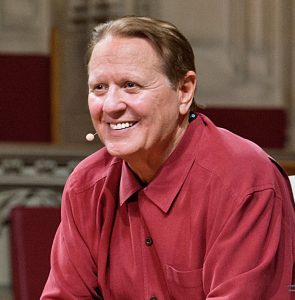FEATURED—
The Bob Avakian Interviews:
Up Close and Personal With Bob Avakian
Heart and Soul & Hard-Core For Revolution
on The RNL—Revolution Nothing Less—Show
on youtube/therevcoms
Read What People Are Saying...
NEW
PHILOSOPHY AND REVOLUTION
Part 1: Objective reality and truth, in opposition to paltry yet poisonous opportunism—perversions of communist theory in the name of proletarian/communist revolution
and
Part 2: More on Marxist “reflection theory,” the importance of communism as a scientific approach to understanding and transforming reality—and refutation of opportunist attacks on this by phony “communists”
THERE IS NO SUCH THING AS “TOTALITARIANISM”
“Totalitarianism” is a thoroughly unscientific—or, really, anti-scientific—“theory” concocted and promoted by intellectual apologists of this system of capitalism-imperialism.
BASKETBALL AND BIG QUESTIONS
The Caitlin Clark Controversy—Greats, “Greatest of All Time,” White Stars in a “Black Sport,” Racism and the Fight Against it, and the Kind of World We Should Strive to Have
by Bob Avakian—revolutionary leader, author and architect of the new communism, and a passionate fan of basketball
2024 SCENARIOS (A SKETCH), AND THE CHALLENGES
Read more latest writings>>
Resources
The BA Institute is pleased to make materials available to assist in deepening the engagement with the new synthesis of communism developed by Bob Avakian.
DONATE for Bob Avakian’s vision and works to be impacting society. If you want people to raise their sights, and debate the biggest questions of whither humanity at a time of intensifying divides throughout society and amidst existential danger, donate to the work of The BA Institute.




